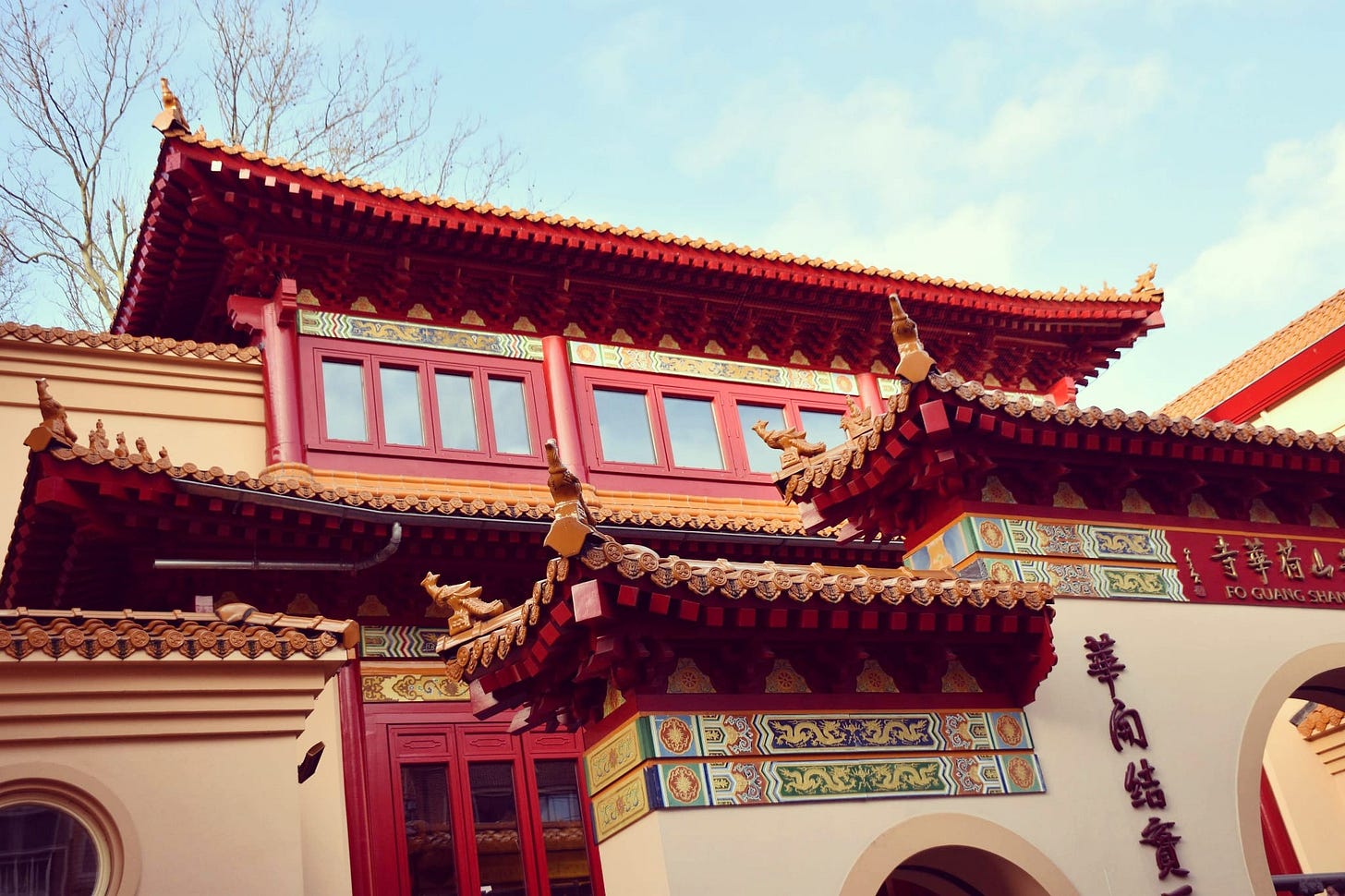We live in a stochastic world
Some reflections on our governing class and their manifold shortcomings.
In a recent podcast on YouTube, Andrey Martyanov makes some pithy observations about Western elites, saying they’re poorly educated and unqualified, disparaging them for only having “humanities degrees.” As someone who was, ahem… a liberal arts major in college, I instinctively wince when he says this, but in my own defense I’ve never aspired to high political office or considered myself competent to manage a complex system. And that is precisely the crux of the matter.
Engineers, Martyanov explains, are taught the nature of complex systems, which means grappling with unpredictability, unforeseen inputs, randomness, unintended consequences, and acknowledging the limits of one’s understanding. “We live in a stochastic world”, he says.
For those unfamiliar with Andrey Martyanov, he was born and grew up in the Soviet Union — in Azerbaijan — trained as a engineer, served in the Soviet navy, emigrated to the US, where he worked for many years in the aerospace industry. He’s written several books on military affairs. Since the outbreak of the Ukraine crisis, he’s been an invaluable commentator, particularly insightful at explaining Russian military strategy and more generally the Russian perspective, including public opinion.
Complex systems turn out to be… complicated. The human immunological system is complex. We fiddle with it at our peril. The collective West’s response to the pandemic has been a case study a reductionist approach to a complex problem. Currently we are seeing all manner of unintended consequences resulting from the series of reckless, foolish sanctions directed against Russia. Our misleadership class has apparently no concept of second-order effects.
Robert Harbeck, Germany’s Vice Chancellor and Federal Minister for Economic Affairs and Climate Action, has advanced degrees in philology and philosophy, noble pursuits to be sure, but he is clearly out of his depth in dealing with Germany’s now alarmingly precarious energy supplies, yet another one of those — surprise, surprise! — complex systems.
Does this mean we should simply put engineers in charge of everything? It’s interesting to note that the top leadership in China is largely made up by engineers. Xi Jinping himself trained as a chemical engineer. Does this mean China is a technocracy? Is this something we should all aspire to?
The term “technocracy” seems to mean different things to different people, but here in the West technocracy is form of scientism, an unshakeable belief in the data, the modelling, and the technology that all too often results in simplistic one-size-fits-all approaches to complex situations. Western technocrats are contemptuous of democracy. It’s a slow and messy process, it interferes with their sacred computer models; they favor top-down, essentially authoritarian governance. The mindset is perhaps best reflected by a recent comment by WEF protégé Yuval Noah Harari that Matthew Ehret published on his Substack:
“If you have enough data, and you have enough computing power, you can understand people better than they understand themselves and then you can manipulate them in ways that were previously impossible and in such a situation, the old democratic systems stop functioning. We need to re-invent democracy in this new era in which humans are now hackable animals. The whole idea that humans have this ‘soul’ or ‘spirit’ and have free will… that’s over.”
China may be led by engineers to a significant degree, but the country is not a technocracy, at least not in the Western sense of the word. Perhaps the country’s economic policies are the best example of the pragmatism that lies at the heart of their decision-making processes. In an interview several years ago, US economist Joseph Stieglitz observed:
One of the most impressive achievements of the Chinese is on the one hand their pragmatiism, and on the other the realization that at each stage of development, they have to change course. What worked in the past, may not work in the future. The country has changed economic course five or six times.
The Chinese know how to think dialetically, something embodied both in the dialetical materialism of Marxist-Leninism as well as their own Confucian tradition, which Mao Zhedong is said to have so successfully combined into a coherent and potent worldview.
Perhaps we in the West could once think dialectically, perhaps we once had leaders who understood the not so terribly complicated concept of unintended consequences, but today we are governed by a mixture of venal and incompetent ideologues, technocrats, and bureaucrats, who are leading us over a cliff while bombarding us with cheap slogans and empty rhetoric. From the sidelines, China and Russia are watching us implode, as military and intelligence analyst Larry Johnson wrote on his blog the other day:
One of Napoleon’s observations is that you should never interrupt your enemies when they are making a mistake. Russians know this, not least because they were careful not to interrupt Napoleon himself in 1812. Putin and his team have had plenty of opportunities to meet NATO’s leaders, observe them, negotiate with them and assess them. It’s unlikely they’re very impressed. But when they started their “special military operation” in Ukraine they could never have dreamed how self-destructive NATO would be.
We better get used to taking cold showers.




It is becoming increasingly clear, the only people in America who still have faith in this administration are college educated white urbanites. That says a lot about the dismal state of education. As for putting engineers in charge? OMG as a builder, how have I cursed engineers? The solution to a problem is not automatically more high tech/engineering , but that seems the only path allowed. America is in part suffering from too much complexity, that thing that befalls every empire.
Liberal arts/humanities catches a lot of well-deserved flak for the silliest and most bizarre fields of study, e.g. queer theory, but the whole education system is badly compromised. It produces credentialed assholes whose sole claim to any merit comes from loyalty to a cretinous tribe.